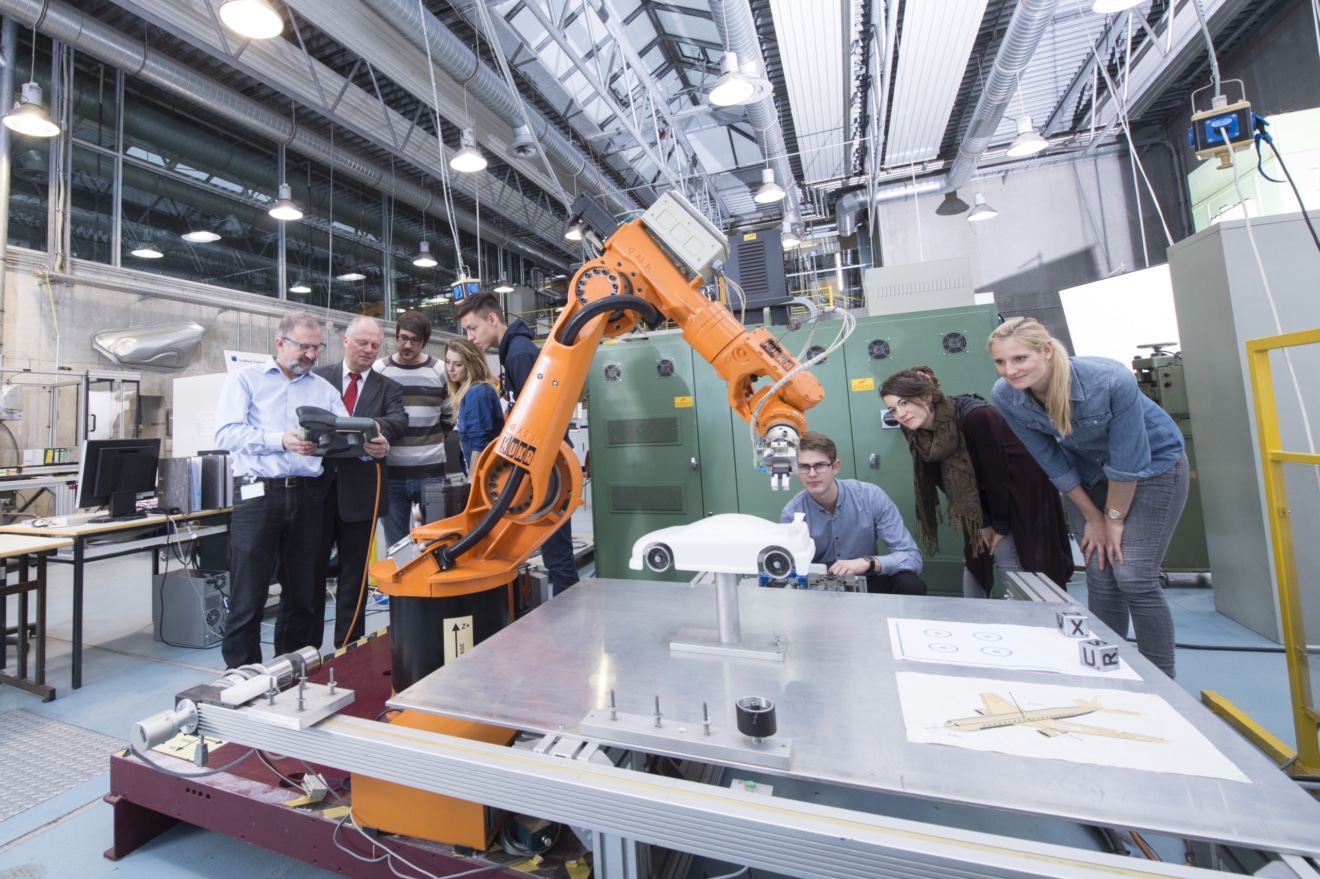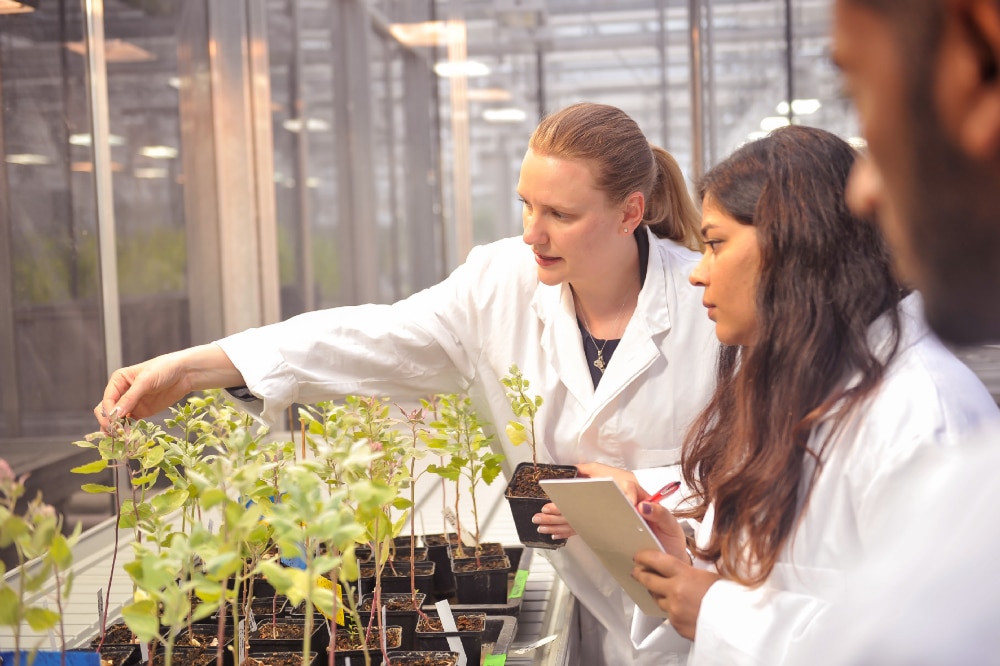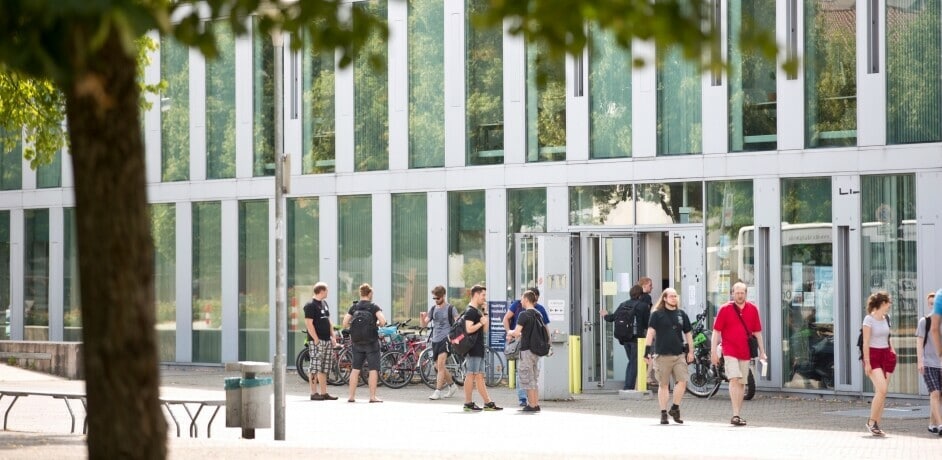Top-level innovation and research
The Stuttgart Region has a first-class research and learning infrastructure with many leading universities and institutes developing cutting-edge technologies. The companies in the region invest more on research and development than anywhere else in Germany.
The result is an outstanding environment for innovation, and a consistent place at the top of the German league table regarding the number of patent applications.
Many of the everyday conveniences we now take for granted – for example motor cars, spark plugs, airbags, or even coffee machines – were once invented in the Stuttgart Region.
The close cooperation between universities, research establishments and companies benefits all sides – and it goes without saying that it also benefits the regional economy. Therefore, it is no coincidence that Eurostat figures reveal the Stuttgart Region to be Europe’s leading high-tech area.
| Private Research Institutions | ||
|---|---|---|
| 5 Fraunhofer Institutes | Industrial Engineering, Manufacturing Engineering and Automation, Interfacial Engineering and Biotechnology, Building Physics, Planning and Building | |
| 2 Max Planck Institutes | Solid State Research, Intelligent Systems | |
| 5 Research Institutes of the German Aerospace Center (DLR) | Structures and Design, Technical Thermodynamics, Comustion Technology, Technical Physics, Vehicle Concepts, Solar Research |
Education
When it comes to education, the Stuttgart Region has a long and successful history of innovation: The world’s first Waldorf (Rudolf Steiner) Schools and Universities of Cooperative Education were formed here – so there is no shortage of pioneering educational concepts.
The Baden-Württemberg Film Academy in Ludwigsburg and the University of Media (HdM) in Stuttgart are prime examples of the region’s strengths in this field.



Particularly with regard to engineering and natural sciences, the region’s universities enjoy an excellent reputation – with good cause. For graduates are not only up to date with the latest scientific developments, but also have hands-on experience which they can easily transfer to the workplace.
Two traditional universities and a variety of other institutions of higher education provide courses leading to both German and international degrees. When it comes to offerings combining study with on-the-job training, the region is second to none: Baden-Württemberg’s pioneering “Cooperative State University (DHBW)” concept is based on close co-operation between the worlds of education and business.

Further Information
Founded by the region’s universities in co-operation with Stuttgart Region Economic Development Organisation and Verband Region Stuttgart, the association Hochschul- und Wissenschaftsregion Stuttgart e.V. (website in German only) promotes the region as a top-level location for scientific research und education and improves networking within the regional scientific community.